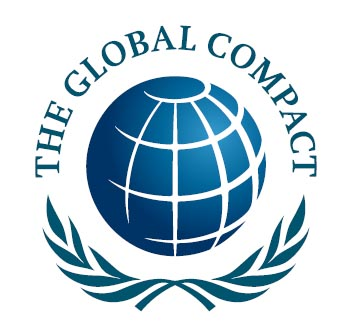Our company’s sustainability approach is inherently connected with fulfilling REN's mission of being an active agent in the energy transition.
At the end of 2023, and with a view to the next strategic cycle, we have established five priority axes that reflect our dedication to sustainability, directly linked to the 17 Sustainable Development Goals (SDGs): Energy transition and climate change, Natural capital management, Valuing our people, Creating value for stakeholders, and Responsible governance.
The strategy shows the company’s commitment to reaching carbon neutrality by 2040 (scope 1 and 2), contributing to the fight against climate change and investing in a management model aligned with sustainable development.
The sustainability approach was based on the stakeholder consultation carried out in 2023 to identify material issues.


















